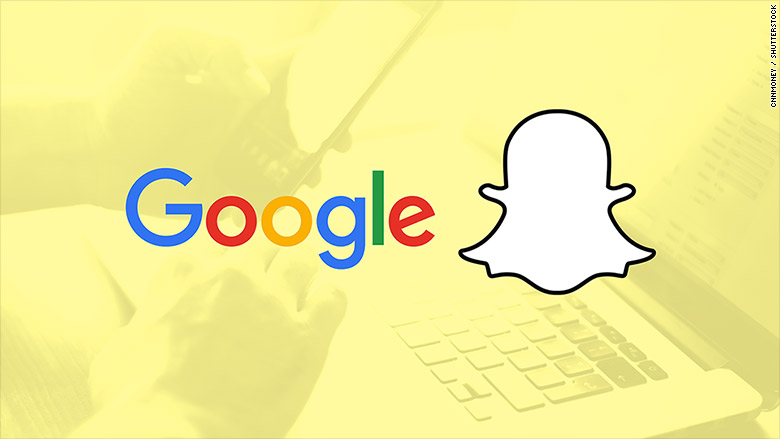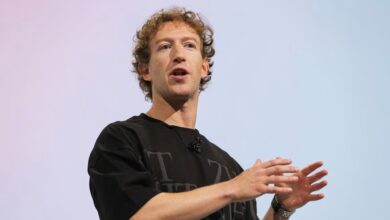
Social network Instagram has come to look more like rival Snapchat after copying some of its features, but marketers say Snapchat’s younger audience and safeguards against poor placement drive enthusiasm for advertising on the smaller app.
Expectations for Snapchat’s future tumbled with its stock price after an initial public offering last year, mainly over doubts that Snapchat could compete against Instagram, but last week, Snap reported a 72 percent rise in quarterly revenue that beat analysts’ forecasts and re-ignited confidence.
Snapchat, owned by Snap Inc (SNAP.N), retains an advantage with the millennial generation who popularized its disappearing messages and animated face masks, despite attempts by Facebook Inc-owned (FB.O) Instagram to woo them away, advertising executives say.
The advantage among young people is even expected to widen this year, at least in the United States, according to estimates released on Monday by research firm eMarketer. This year, Instagram will add 1.6 million Americans under 25, while Snapchat will add 1.9 million in the age group, eMarketer said.
The different demographics mean businesses feel obligated to spend on Snapchat even if they already do so on Instagram, said Aaron Shapiro, chief executive of digital marketing firm Huge. “It’s all people who are reaching youth,” Shapiro said of Snapchat’s strength.
Facebook, Instagram and Snapchat declined to comment on the eMarketer figures.
One section of Snapchat is also perceived among marketers as a potential haven from the amateur posts that define much of social media, created by users or aspiring internet stars rather than by professionals at media companies.
One of the ways that advertisers said Snapchat has distinguished itself is the app’s “discover” tab, a prominent section of the app that spotlights short videos from outlets such as ESPN or the New York Times.
Snapchat chooses which outlets to work with, giving advertisers some assurance their video ads will run adjacent to professionally developed shows, not less predictable user-generated content.
“Snapchat can provide a highly controlled environment for advertisers to reach an audience,” said Nick Cicero, chief executive of Delmondo, a firm that advises corporate brands on social media advertising.
Instagram has an “explore” tab with some professional content but no equivalent of Snapchat’s “discover” tab. Instagram’s sibling app Facebook has a “watch” tab that is more similar but is less than six months old.
Instagram and Snapchat, both built around the smartphone camera, have been locked in a rivalry that heated up in 2016, when Instagram copied the popular Snapchat feature known as “stories.” The feature allows people to post photos and video that disappear after 24 hours.
Advertisers are rooting for Snapchat and for Twitter Inc (TWTR.N) to succeed, Shapiro added, so that they do not need to rely so much on the largest internet advertising platforms, Facebook and Alphabet Inc’s (GOOGL.O) Google.
Interest in Facebook is waning among young Americans, eMarketer said in its note on Monday, estimating a 5.8 percent decline this year in Facebook US users aged 18 to 24 years.
Still, Snapchat remains behind Instagram in some features that advertisers want. A business cannot, for example, create a fixed profile page on Snapchat to host photos and collect a data-rich list of fans the way it can on Instagram.
Business pages make Instagram a “mobile visual shop,” Facebook Chief Operating Officer Sheryl Sandberg said last month, adding that two-thirds of visits to Instagram business profiles were from people who do not follow them.
In other ways, though, Snapchat is catching up. The company has in the past year transitioned to a self-serve ad system with pricing based on an auction, which marketers said has made buying much easier especially for smaller advertisers. Facebook and Instagram already have such systems.




